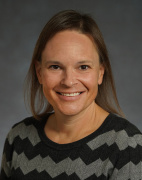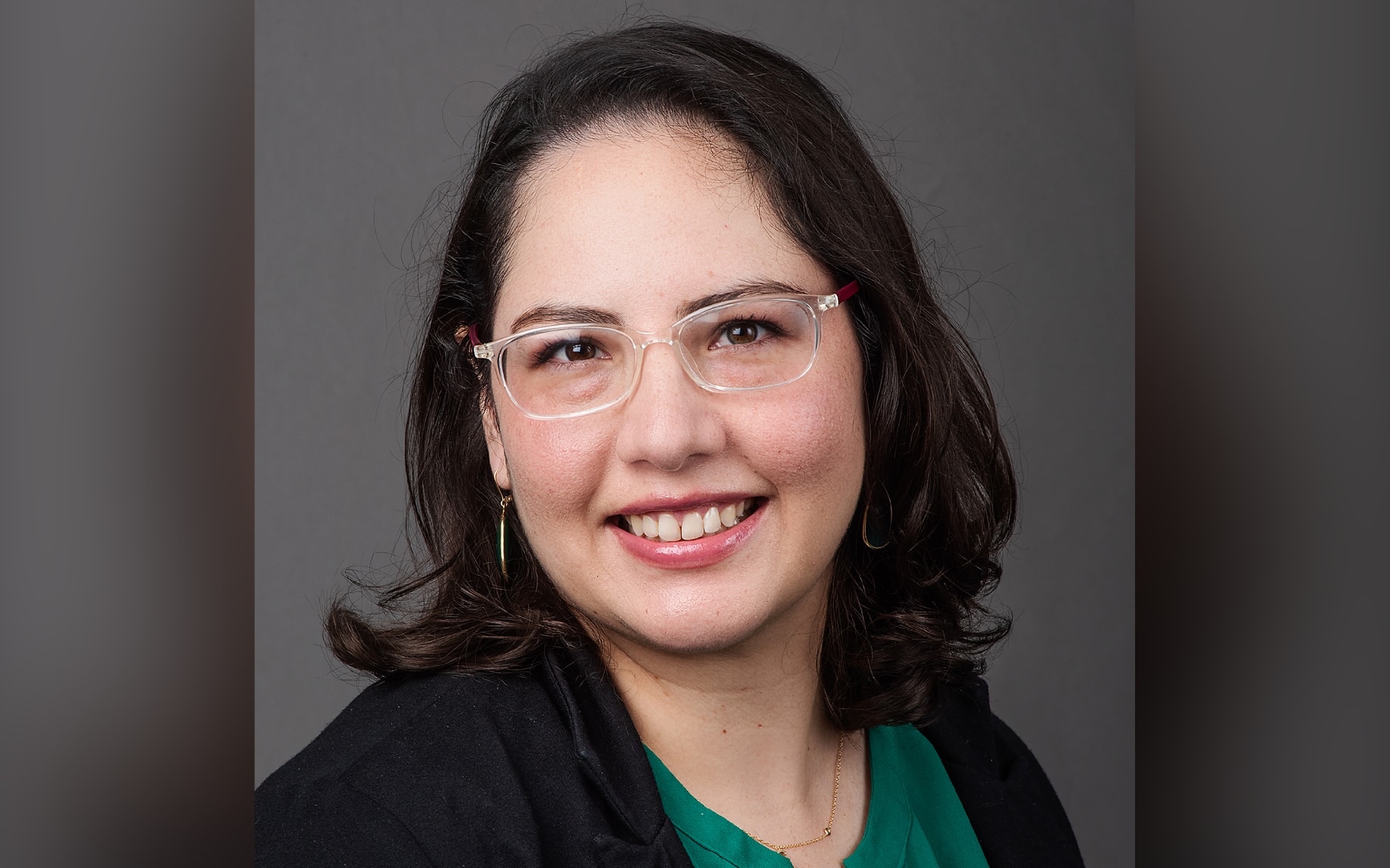
Diversifying the STEM pipeline: Evidence from STEM summer programs for underrepresented youth
Speaker
Dr. Silvia RoblesDate & time
Location

Underrepresentation of Black and Hispanic workers in STEM fields contributes to racial wage gaps and reduces innovation and economic growth. Billions of dollars a year are spent on "pipeline'' programs to increase diversity in STEM, but there is little rigorous evidence of their efficacy. We fielded a randomized controlled trial to study a suite of such programs that are targeted to underrepresented high school students hosted at an elite, technical institution. Students offered seats in the STEM summer programs are more likely to enroll in, persist through, and graduate from college. The programs also increase the likelihood that students graduate with a degree in a STEM field, with the most intensive program increasing four-year graduation with a STEM degree by 33 percent. The shift to STEM degrees increases potential earnings by 2 to 6 percent. Program-induced gains in college quality fully account for the gains in graduation, but gains in STEM degree attainment are larger than predicted based on institutional differences.
From the speaker's bio
Silvia Robles is an economist and researcher at Mathematica. Prior to joining Mathematica in August 2019 Silvia worked at the Ford School of Public Policy at the University of Michigan, both as a postdoctoral fellow, and as an affiliate of Poverty Solutions. She earned her PhD in economics in 2016 from Harvard University. Her previous research has focused on underserved populations in education, including low-income and minority students. Specifically, she has studied outreach models to encourage the transition from high school to selective universities and STEM careers, as well as the impact of oversubscribed courses in community colleges, and the effectiveness of for-profit charter schools.
Have any questions?
